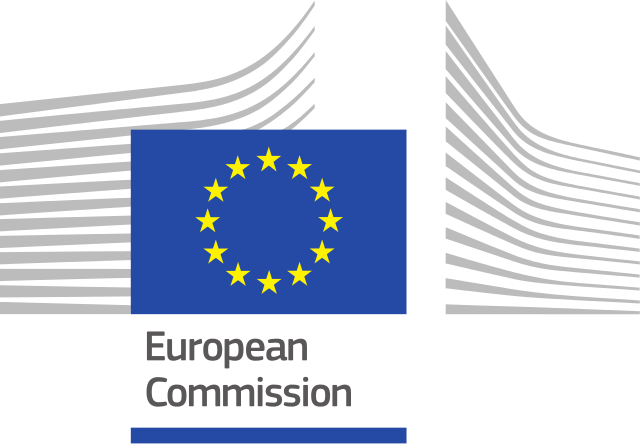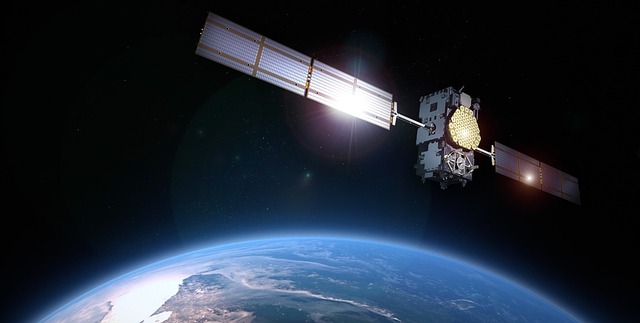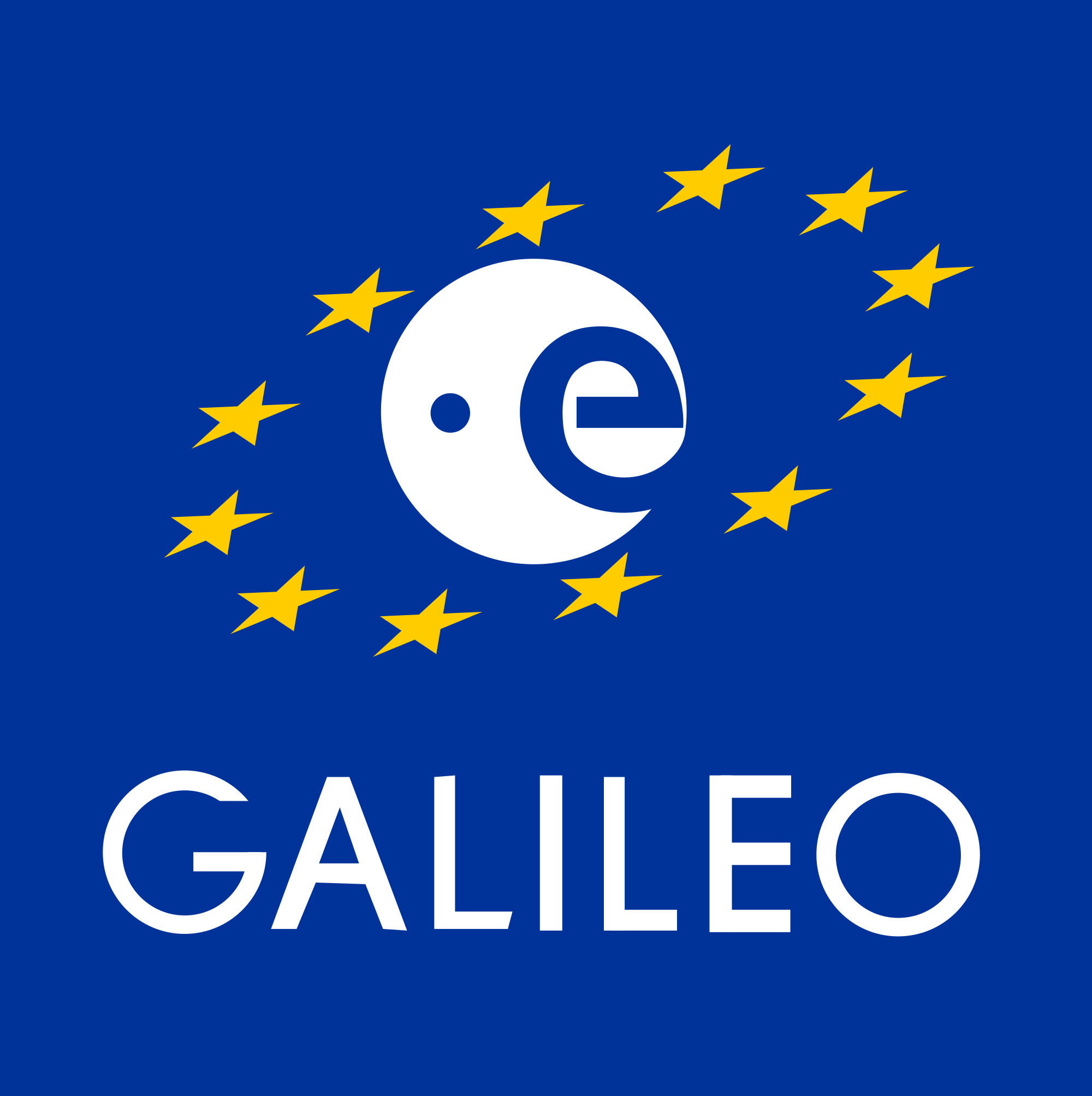IES Solutions looks at the space: the GRALLE project won a call for tender from the European Commission. The project will start tomorrow, 3rd February, with its Kick-off Meeting in Brussels.
 GRALLE (Galileo Reliable Automatic Low Laten Emergency warning service) will perform a feasibility study on a Emergency Warning System (EWS) based on the European satellite system Galileo, which has recently improved its number of in orbit-satellite to 18. The EWS will have to be reliable, efficient and global, and its main scope will be mitigating the risks and the consequences of disasters and emergency situations (terrorist attacks, natural disasters, industrial incidents…) by warning and informing the threatened populations, and supporting the organisation of the victims’ rescue.
GRALLE (Galileo Reliable Automatic Low Laten Emergency warning service) will perform a feasibility study on a Emergency Warning System (EWS) based on the European satellite system Galileo, which has recently improved its number of in orbit-satellite to 18. The EWS will have to be reliable, efficient and global, and its main scope will be mitigating the risks and the consequences of disasters and emergency situations (terrorist attacks, natural disasters, industrial incidents…) by warning and informing the threatened populations, and supporting the organisation of the victims’ rescue.
The objectives
The project has set-up 7 high-level objectives:
- Identify across the globe the institutional actors of the EWSs and gather their EWS user needs
- Define the potential global EWS based on Galileo infrastructure including the GNSS service centre and determine the service and mission requirements
- Determine the possible liabilities associated with a Galileo-based EWS
- Perform a preliminary analysis on the impact of the EWS deployment on the existing Galileo infrastructure, including the GNSS service centre and the associated operations
- Determine the cost of the EWS from an infrastructure and operations point of view
- Perform a trade-off between the Galileo-based EWS and the existing systems across the globe, and analyse its benefits
- Demonstrate the system with a remote EWS user

IES Solutions’ role
 IES solutions will be the leader of the state of the art analysis and the user needs collection. Moreover, it will lead the impact analysis and the demostatrion of the EWS. IES solution will also be an advisor on the activities dealing with the service concepts of operations and implementation. Finally, IES solution will play the role of standardisation expert, thanks to its active participation to standardisation groups, such as ETSI, CEN and OASIS, and in particular to the ETSI-related standard MAMES (Multiple Alert Message Encapsulation over Satellite). Under this role, IES will ensure that the Galileo-based EWS will be as more compatible as possible with the existing systems and infrastructures.
IES solutions will be the leader of the state of the art analysis and the user needs collection. Moreover, it will lead the impact analysis and the demostatrion of the EWS. IES solution will also be an advisor on the activities dealing with the service concepts of operations and implementation. Finally, IES solution will play the role of standardisation expert, thanks to its active participation to standardisation groups, such as ETSI, CEN and OASIS, and in particular to the ETSI-related standard MAMES (Multiple Alert Message Encapsulation over Satellite). Under this role, IES will ensure that the Galileo-based EWS will be as more compatible as possible with the existing systems and infrastructures.
The consortium
The GRALLE consortium is composed by 4 partners. The other 3 partners are:
- Thales Alenia Space (coordinator): Thales Alenia Space is a European leader in the satellite domain. It contributed to the definition of the Galileo signal, and currently contributes to the Galileo SAR service.
- Telespazio: Telespazio is a leading European company for the implementation of space-related services for the institutional users. Telespazio is particularly active on the navigation domain, with a particular focus on user domain, through its leading role in GUIDE Center of Excellence in GNSS in Toulouse and several H2020 projects (ELAASTIC, HELP112). Telespazio is also the main contributor to EarthLab Luxembourg, in charge of Emergency and Risks analysis over Europe.
- ST Microelectronics: ST Microelectronics is the European leader for GNSS chipset, and has supported the deployment of Galileo in receivers for many years, thanks in particular to its partnership with
Thales Alenia Space on several European projects.
Duration
GRALLE will end in the second trimester of 2018.
The Kick-off Meeting
The project will start tomorrow, 3 February 2017, with the dedicated Kick-off Meeting that will be held in Brussels



